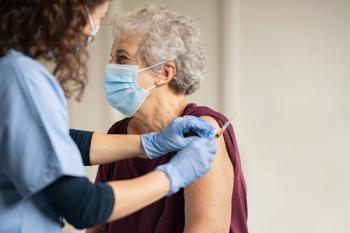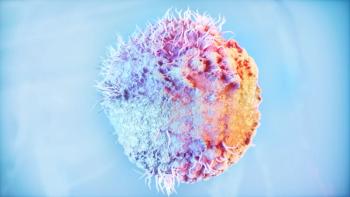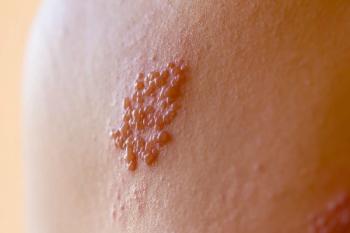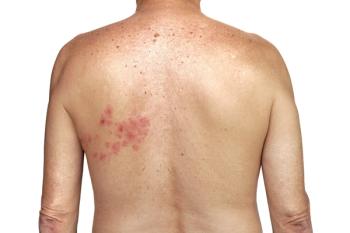
Raising Shingles Awareness With First-Ever Shingles Awareness Week
GSK and the International Federation on Aging are working to confront risks and misconceptions about the disease.
A recent global survey of adults 50 and older revealed that just 7% believe they are at high risk of developing shingles, despite the fact that most of them are already infected with the varicella zoster virus (
To raise awareness of the serious nature of shingles, GlaxoSmithKline (GSK) and the International Federation on Ageing (IFA) have collaborated to launch the inaugural Shingles Awareness Week (February 28-March 6, 2022). This year’s theme, “Shingles is Here,” underscores that VZV is most likely already inside individuals age 50 and older.1
“Shingles can occur at any time in adulthood, so it is important to understand the risk factors and how shingles can significantly impact the quality of someone’s life,” explained Sabine Luik, Chief Medical Officer, and SVP, Global Medical Regulatory & Quality at GSK. “The more people are aware of the links between chickenpox and shingles, the sooner people can take action and discuss their concerns with their healthcare provider.”
In addition to age, other
“By kickstarting the first-ever Shingles Awareness Week, our aim is to provide evidence-based information to empower individuals to understand their risk and talk to their healthcare professional if they have questions and concerns. We need to ensure we do our part to educate the global community on this preventable, painful condition,” said Roger Connor, President of Vaccines and Global Health, GSK.
The first line of defense against shingles is
Currently recommended for immunocompetent adults age
Shingrix has been proven to be over 90% effective in clinical trials and
In late 2021, the
Reference
- First-ever Shingles Awareness Week highlights misconceptions about the risks of developing shingles among older adults, and the need for education. News release.February 28, 2022. Accessed March 3, 2022.
https://finance.yahoo.com/news/first-ever-shingles-awareness-week-020000827.html
Newsletter
Pharmacy practice is always changing. Stay ahead of the curve with the Drug Topics newsletter and get the latest drug information, industry trends, and patient care tips.























